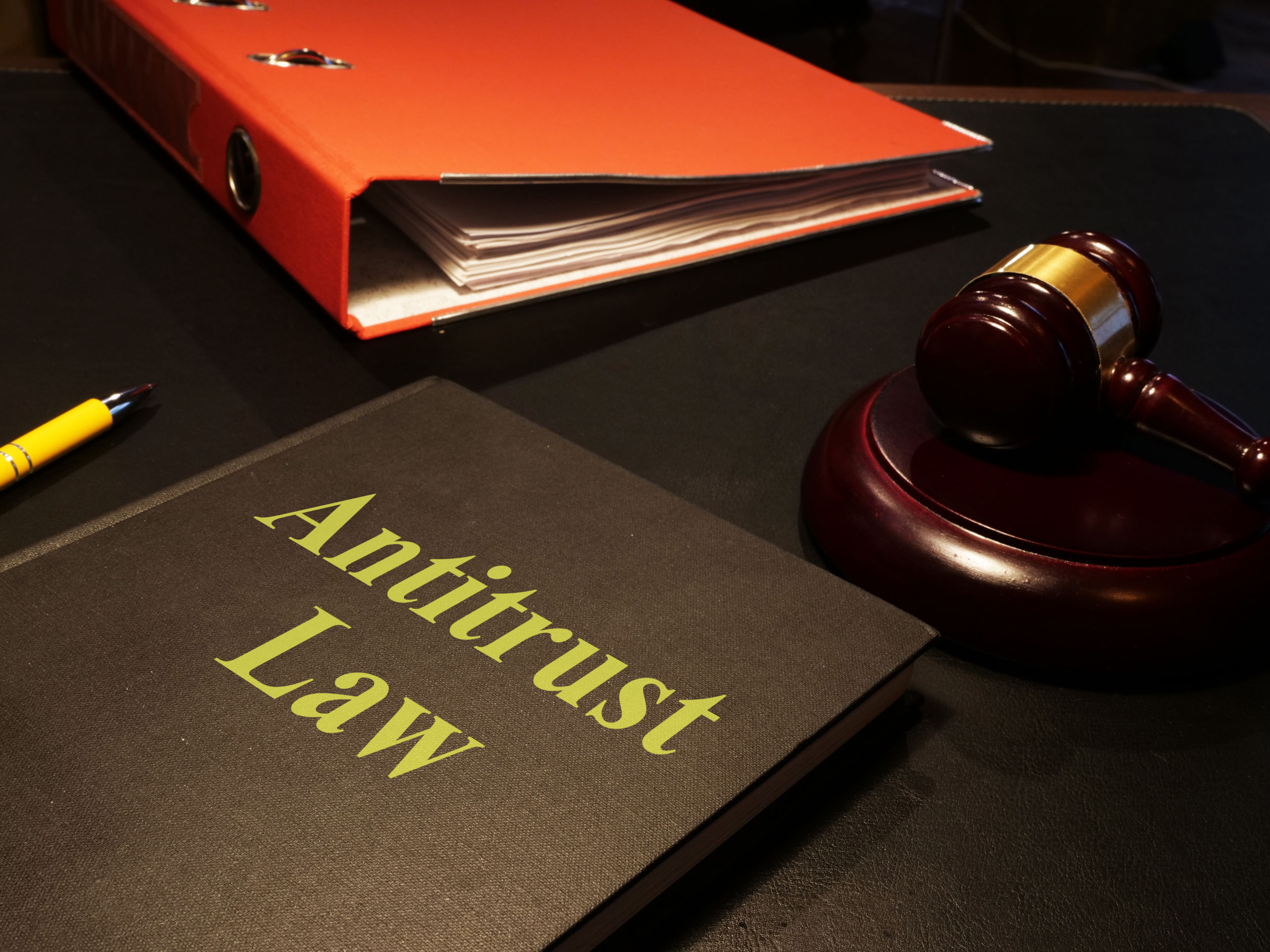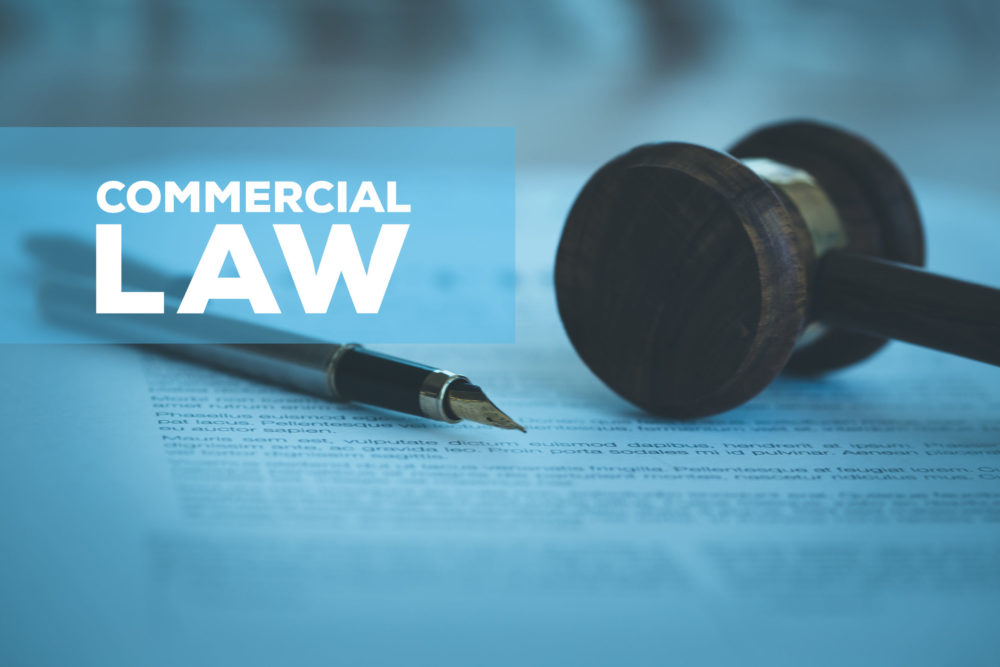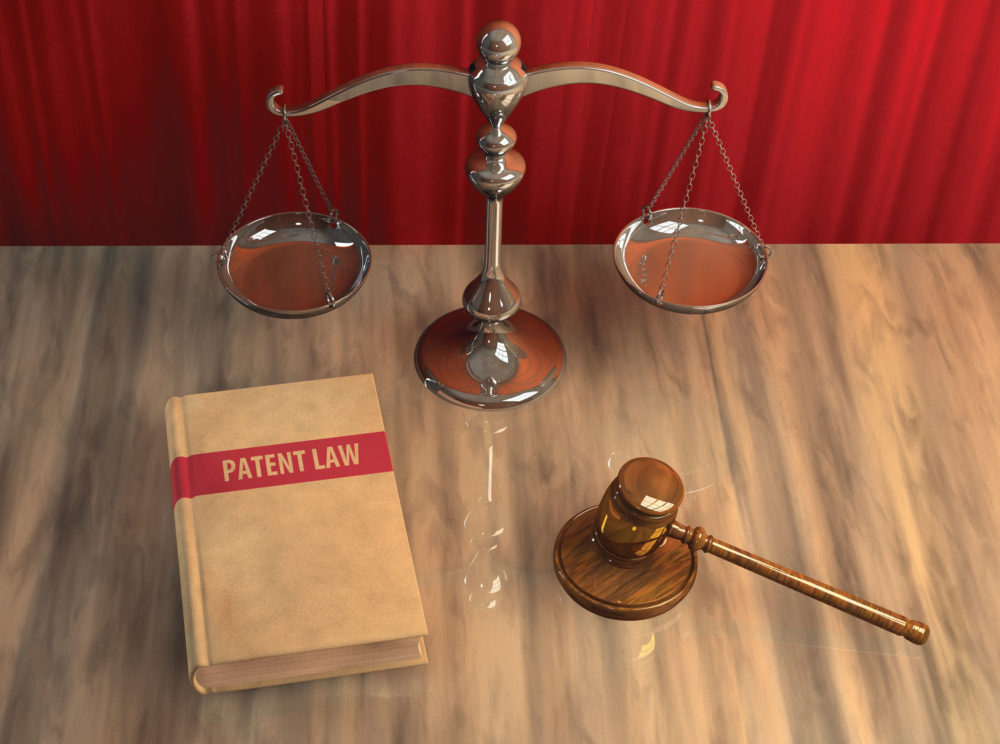Per- and polyfluoroalkyl substances (PFAS) continue to be the hot-button issue in environmental law, with increasing regulation at the state and federal level and tens of billions of dollars in litigation at stake. While much of the focus has deservedly been on evolving liability considerations, PFAS are also becoming subject to a wide array of mandatory reporting and notification requirements with major compliance and business implications.
Utilizing Consumer Surveys in Merger Investigations and Class Action Cases: Practical Guide
jordan2022-12-29T03:00:33-05:00As the volume of merger activities increases, regulators are also intensifying their crackdown on potential antitrust violations. Recognizing the insufficiency of traditional market share measures in revealing the potential competitive impact of a planned merger, governments and parties are now shifting to the assessment of purchasing decision processes instead. Customer surveys, carefully done, can provide a better way to understand consumer behavior and predict market outcomes post-merger.
What’s New for Litigation Funding: Key Considerations and Best Practices to Leverage
Ahmed Zidan2022-05-17T02:39:30-04:00The litigation funding landscape remains highly active as more legal and corporate companies turn to litigation finance in resolving disputes. Significantly, several risk issues were opened because of the absence of clear regulatory guidance for the effective use of litigation finance. The ongoing pandemic has also added to the complexity of this area.
The Rise of FCRA Litigation: Trends, Updates, and Best Litigation Strategies Explored
John Patrick2022-12-29T03:03:48-05:00Lawsuits against employers allegedly violating the Fair Credit Reporting Act (FCRA) when conducting employee background checks have been continuously increasing. One of the factors behind this significant shift includes the highly technical FCRA requirements that are oftentimes prone to violations.
Environmental Regulation: Enforcement Priorities and Compliance Issues to Watch Out For
Ahmed Zidan2021-07-27T02:16:52-04:00The shift of administration has prompted sweeping changes in the U.S. environmental regulations. Several regulatory revamps with a significant focus on climate change, environmental justice, chemical regulation, and water regulation have already been noted at both state and federal levels. Similarly, heightened environmental inspections and enforcement are expected in the coming months. Thus, the need for regulated industries to keep themselves abreast of current and emerging developments. They must also implement thorough protocols and compliance programs to avoid legal liabilities.
Trade Secrets Management: Exploring Best Practices in the Remote Work Environment
jasper.alamares2023-01-02T21:51:22-05:00Trade secrets are considered as one of the most valuable assets in any company and the need to effectively manage and protect these must be prioritized at all times. However, as companies continue to grapple with remote work arrangements, taking reasonable management and precautions for trade secrets has become more complex and challenging.
Law and Economics of No-Poach Agreements: A Primer
jordan2021-10-21T13:40:11-04:00No-poach agreements have been in the crosshairs of antitrust regulators since the issuance of the Antitrust Guidance for Human Resource Professionals in 2016. In the said guidance, the Department of Justice (DOJ) and the Federal Trade Commission (FTC) indicated their intent to criminally prosecute companies and employers that enforce no-poach agreements and other labor contracts which are considered illegal under antitrust laws. The agencies recently brought criminal indictments in keeping with their promise.
Coverage and Bad Faith Litigation: Exploring Deposition Strategies for Insurers and Policyholders
John Patrick2021-08-29T23:53:39-04:00Depositions play a crucial role in insurance coverage disputes, especially in cases involving bad faith claims. However, taking or defending against bad faith claims in an insurance dispute can be tricky. Thus, the need for policyholders and insurers to develop an efficient deposition strategy.
What’s New in Gig-Worker Classifications: Exploring Trends and COVID-19 Implications
Iwork OJT2022-10-28T02:06:45-04:00Securities class action litigation have continuously skyrocketed over the past years. This trend is expected to grow in fiscal year 2020 as companies constantly engage in global expansions making securities markets more seemingly interconnected. With this, companies are encouraged to prepare for significant changes as well as potential risks and pitfalls. Being updated with the trends and recent court decisions to mitigate the possibility of setbacks is essentially recommended.
Trends, Developments, and What Lies Ahead the Securities Class Action Landscape in 2020
Iwork OJT2022-10-28T02:21:01-04:00Securities class action litigation have continuously skyrocketed over the past years. This trend is expected to grow in fiscal year 2020 as companies constantly engage in global expansions making securities markets more seemingly interconnected. With this, companies are encouraged to prepare for significant changes as well as potential risks and pitfalls. Being updated with the trends and recent court decisions to mitigate the possibility of setbacks is essentially recommended.
Commercial Litigation in 2020: Winning Tips and Strategies
Iwork OJT2022-10-28T02:30:37-04:00Along with the increasing volume of commercial disputes is the emergence of various issues that continue to reshape the commercial law landscape. In this LIVE Webcast, seasoned litigators Reginald L. Snyder (Taylor English Duma LLP) and Steven Barber (Steptoe & Johnson LLP) will bring the audience to a road beyond the basics of commercial litigation.
A Practical Guide on the New PTAB Trial Practice: What You Should Know and Do
Ahmed Zidan2022-10-28T02:36:24-04:00Policy changes continue to reshape trial practice before the Patent Trial and Appeal Board (PTAB). Some of the recent developments include expansion of the PTAB’s discretionary denial power, potential investigation of PTAB denials by the Congress, and judicial review of PTAB decisions following Thryv v. Click-to-Call.
Preference Claims in Bankruptcy Litigation: Statutory Defenses You Must Consider
Iwork OJT2022-10-28T02:46:10-04:00Preference claims in bankruptcy litigation have long been a subject of concern among creditors. As significant cases continue to refine and expand this legal landscape, litigators must always expect the emergence of new complexities that may reshape how they defend their clients.
Emerging Trends and Developments in Antitrust Merger Enforcement: What Lies Ahead
Iwork OJT2021-05-19T09:32:32-04:00Challenges to mergers and acquisitions by US antitrust authorities spiked in 2019, with much attention paid to “nascent” competitive problems and vertical mergers. This was capped off by proposed Department of Justice (DOJ) and Federal Trade Commission (FTC) vertical merger guidelines, the first such guidelines issued since 1984. In addition, the DOJ has continued to express concern about merger remedies, leading to the DOJ’s attempt to stop the AT&T-Time Warner combination. The concern about remedies played another role in the court room, as one court engaged in an unprecedented expanded Tunney Act review of a merger consent order offered by the DOJ. And not to be outdone, the Attorney Generals of several states showed their dissatisfaction with the DOJ remedies in the T-Mobile/Sprint consolidation, bringing their own lawsuit to stop the deal.
Combatting Antitrust Misconduct in Government Procurement: Regulatory and Enforcement Developments
Iwork OJT2023-01-18T01:10:27-05:00In its continued effort to deter anticompetitive conduct and other violations affecting government procurement, the U.S. Department of Justice (DOJ) created the Procurement Collusion Strike Force in 2019. It is comprised of state and federal investigators and prosecutors mandated to investigate and prosecute all types of procurement collusions and other similar misconduct in government purchasing and programs.















